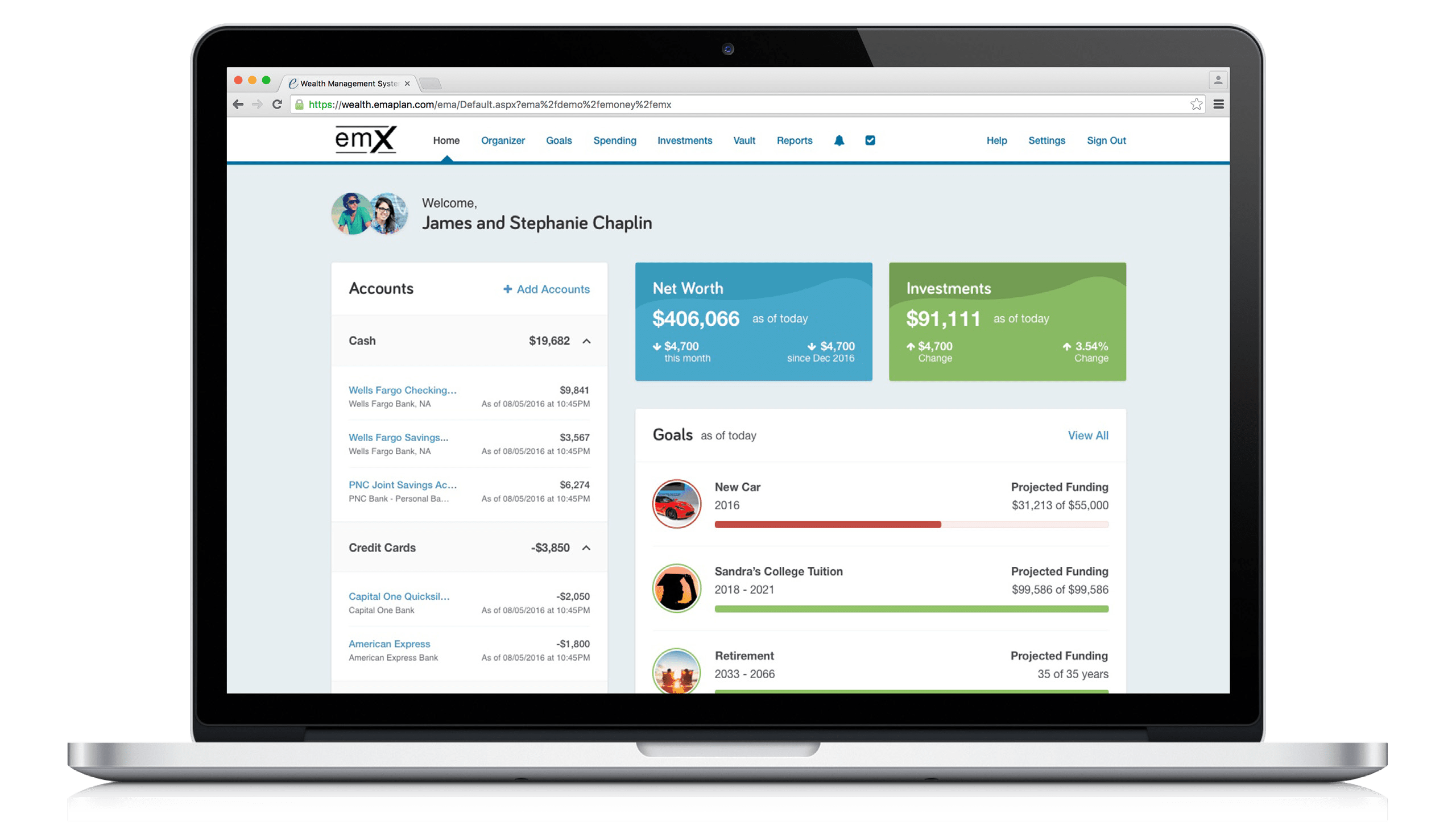The digital revolution has truly been astonishing. It has allowed us to know and do things that we could once have never imagined. That said, it seems to me that it is premature to declare the superiority of all things digital over the old-fashioned analog world. Each mode has advantages and disadvantages, strengths and weaknesses. Rather than fight over which is better, we should instead learn to understand – and leverage – each modality for what it does best.
The Sampling Problem
Old-fashioned experience, the kind we get just by living in and fully engaging with the ‘real world’ of physical objects, specific geographies, and human beings face-to-face is multi-dimensional, nuanced, and typically ambiguous. In the analog world, we frequently take in things that we don’t think of at the time and couldn’t explain if we tried. Sometimes we aren’t even fully aware of our experiences until long after we have them. Yet as we grow, we may learn how to relate to things we have experienced, or do so in completely new ways. As our creative, cognitive, and cultural frameworks change, we re-interpret our life experience. Thus, time and learning can actually change how we relate to our past, experience our present, and envision our future.
Digital experience is the opposite of all that. It is ‘sampled’ or captured from the analog world based on a pre-set algorithm or framework. It is clean and binary, transmittable over long distances, and easy to share, manipulate, and archive. Those characteristics have great advantages, but their usefulness may also critically depend on whether the information was generated using the right sampling method in the first place. If not, then one is simply out of luck, because one can’t go back and ‘re-examine’ the original source material for a new result as one can with analog experience. It’s like the problem of asking the wrong questions on a survey form: you end up with lots of (digital) data, but the data will be pretty much worthless.
The Case of the Vacation Rental
I’ve been thinking about this problem a lot lately because we just took a vacation. I wanted to go to someplace tropical and veg out for a week or so in comfort. My husband suggested that we try Airbnb to save a bit of money, assuring me that the places were great. The place he found online did indeed look great: a great location, a nice resort town, a list of amenities ticked off in the digital world. All was well until analog reality struck.
This was a classic case of the wrong – or at least a dramatically incomplete – digital mask over the analog world. Yes, there was air conditioning as promised, but it was an old-fashioned in-window unit that didn’t work very well and made loud clickety-clackety sounds that were annoying during the day and sleep-defying at night. The only information about the bed on the web site was its size, which should have been fine. But in reality the thing itself was some weird kind of water-bed-soft-cushion thing that I can’t begin to truly describe in words. I can, however, say that it was wildly uncomfortable for me, since I prefer a firm mattress. There was no electrical outlet in the bathroom. Who would have thought to list that on the website or even ask about it? I had to dry my hair standing in the middle of the living room, 15 feet from the bathroom mirror but right in front of the bay window for all passersby to see. The only shades on the windows were the see-through type, so they provided privacy during the day, but none at night when the lights were turned on. And when the lights were turned off at night they let all the street lights in, so that the combination of bright street lights and air-conditioning clickety-clackety turned what I had envisioned as a blissful, laid-back week into a fight against annoyance and exhaustion.
Here’s the thing: I couldn’t help fantasizing about how much better the whole experience might have been if we had asked an experienced travel agent (yes, I’ve recently learned that they still exist!) to recommend the kind of place that I had originally envisioned. If anybody who cares about such things had had any real world experience with the place we actually rented, she would never in a million years have recommended it to us. But we relied on our web search, and even assuming we had thought to ask the right questions, the digital data we had access to was woefully inadequate. What we needed was a human being with actual experience to understand what I was looking for and make a recommendation based on a much richer and more complex understanding than is possible based on a simplistic digital match.
The Role of an Advisor
The case of my ill-fated vacation is annoying but not very important in the grand scheme of things. But how about other things that people try to do for themselves online just because partial information is available or the process is supposed to be cheaper? Take, for example, planning for retirement; or understanding what kind of life insurance is enough and right for the situation; building and maintaining a portfolio with the right mix of conservatism and opportunity through different market cycles; or envisioning and financing one’s potential need for long-term care; understanding the limits and possibilities of buying a house in an impossibly expensive market – the list of potential questions is very, very long. Of course, it’s theoretically possible to get such decisions right based on lots and lots of online research (assuming one has the time). But I believe it’s much more likely that the first time through one will make false assumptions or fail to ask the right questions or simply not understand one’s real needs – just like I was totally clueless about how different the vacation rental we researched online was going to be when we actually got there. One can always luck into a good outcome, but there is simply no substitute for real experience when it comes to making these kinds of complex plans and decisions. And the fact is that most of us experience such life events only once for ourselves. How are we supposed to leverage experience in order to do them better?
The value of a real financial advisor is in doing just this: using the experience gained in working with many individuals and families over time to give new clients facing complex decisions and planning situations for the first time the benefit of that experience. The fact is that getting my vacation rental wrong this time isn’t going to change my life. I’ll get a do-over next year. Getting a retirement plan wrong, however, might severely impact your life. If there are plans and decisions that are difficult or impossible to do over, do you really want to risk not taking advantage of real-world experience in order to get the job done right?
Image by New Africa from Shutterstock



